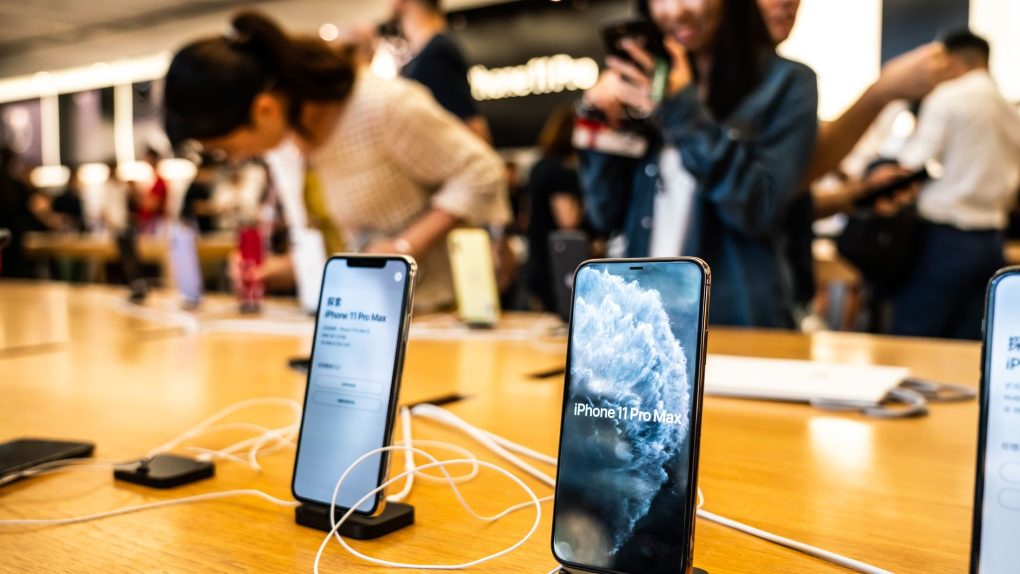Truth be told, it’s probably a bit too soon to start speculating — with any type of authority — as to what type of hardware Apple’s iPhone 12 will ship with. Aside from the obvious — we know the iPhone 12 will boast a 5G modem and an A14 processor — much of the iPhone 12’s feature set remains up for debate.
To this point, a report from earlier in the week relayed that Apple recently stopped sending engineers to China to participate in Engineering Validation Tests (EVT) on account of the coronavirus. Notably, EVT is one rung below Design Validation Testing (DVT) which is where Apple locks down the iPhone 12’s hardware and feature set.
Having said all that, Ming-Chi Kuo is the one analyst who seemingly has his finger on the pulse of Apple’s product roadmap. Whereas most analysts are seemingly guessing what Apple might do, Kuo’s track record with respect to Apple rumors is unrivaled.
In light of that, it’s worth noting that a new research note from Kuo — originally seen by Cult of Mac — claims that Apple’s iPhone 12 will not support 2×2 MIMO uplink as previously anticipated. In practical terms, this means that upload speeds on the iPhone 12 may not be as fast as initially believed.
“Kuo previously suggested that the 5G iPhone 12 would support 2×2 MIMO uplink, potentially meaning slightly faster maximum uploads,” the report reads. “People shouldn’t necessarily take this as a bad sign, though. 5G rollouts are still new, meaning that it’s not yet clear how significant this 2×2 uplink would be.”
That aside, it will be interesting to see how 5G impacts Apple’s refresh cycle. While the allure of 5G is substantial, nationwide coverage still has a ways to go. As a result, it remains to be seen if 5G will be enough to compel current iPhone owners to upgrade a year or two ahead of schedule.
On a related note, it’s widely believed that all of Apple’s iPhone 12 models will boast 5G chips with sub-6GHz and mmWave support.








